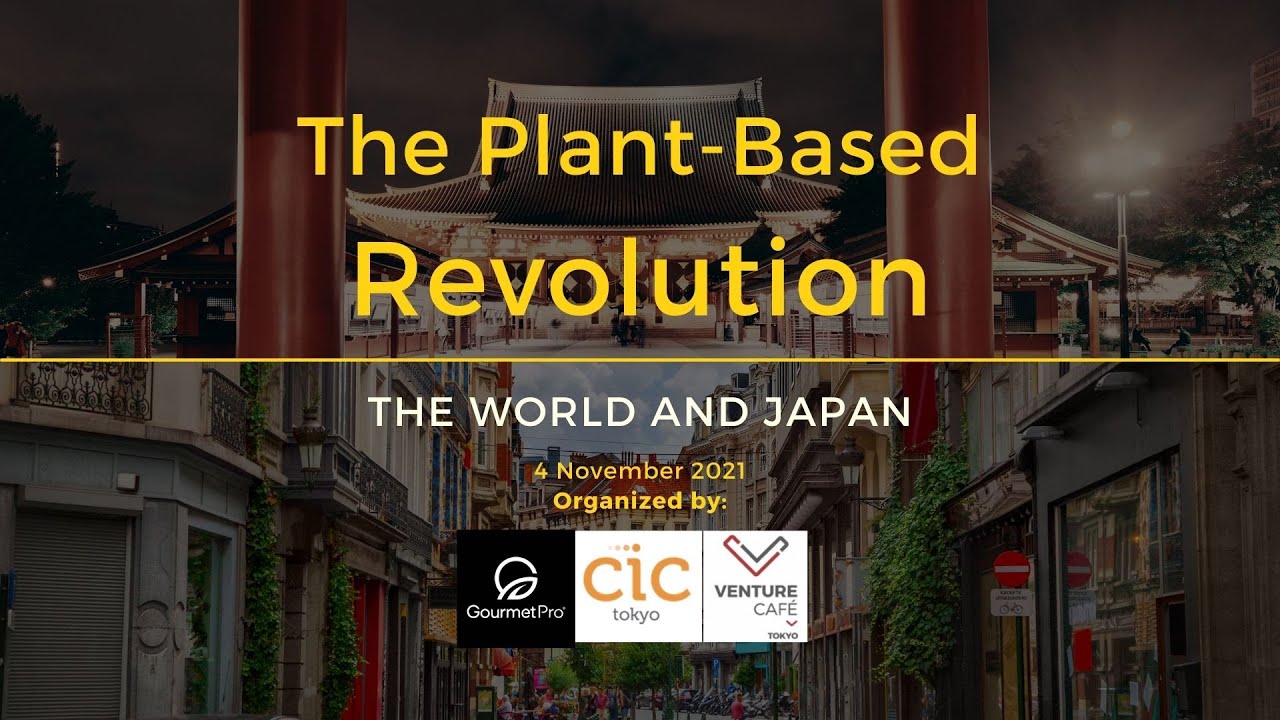


The plant-based market in the US is booming, with sales growing at a much faster rate than the overall retail-food market. It is not just vegetarians and vegans who are contributing to this growth, but also a rising number of "flexitarians" - those actively reducing their intake of meat and dairy. This has led to companies like Impossible Foods and Beyond Meat creating innovative plant-based meat substitutes that cater to the taste preferences of this demographic. The recent surge in plant-based food consumption can also be attributed to pandemic-related factors, such as consumer stockpiling and meat shortages.
Meat Eaters and the Rise of Plant-Based Alternatives
In recent years, the topic of meat consumption has sparked heated debates and spurred a significant shift in dietary choices. The growing popularity of plant-based foods and the consequences associated with meat consumption have become prominent themes in the global food industry and beyond.
Background
Traditionally, meat has been a staple food source in many cultures, providing essential nutrients like protein and iron. However, concerns over the environmental impact of animal agriculture, the ethical treatment of animals, and the health implications of excessive meat consumption have prompted a search for alternatives.
The plant-based food market has emerged as a viable solution, offering products that mimic the taste and texture of meat while significantly reducing the environmental footprint. Plant-based meats, dairy alternatives, and other products have become increasingly accessible and affordable, appealing to a wider range of consumers.
Current Trends
The plant-based market is experiencing rapid growth worldwide, with the United States leading the charge. According to data from the Plant Based Foods Association, sales of plant-based foods in the US surged by 11% in 2021, outpacing the overall retail food market.
The rise of "flexitarians" - individuals who are actively reducing their meat and dairy intake - has played a significant role in this growth. Flexitarians are motivated by various factors, including health concerns, environmental considerations, and ethical beliefs.
Companies like Impossible Foods and Beyond Meat have been at the forefront of innovation in the plant-based meat industry, creating products that closely resemble the taste and texture of traditional meat. These products have targeted the growing number of consumers seeking plant-based alternatives that satisfy their dietary preferences.
Consequences of Meat Consumption
While meat consumption can provide certain nutritional benefits, excessive intake has been linked to a range of health concerns. Research suggests that high consumption of red and processed meats may increase the risk of heart disease, stroke, and certain types of cancer.
Additionally, animal agriculture has a significant environmental impact. Meat production contributes to greenhouse gas emissions, deforestation, and water pollution. Raising animals for food also requires vast amounts of land and resources.
FAQs
1. Why are people choosing to eat less meat?
2. Are plant-based foods as nutritious as meat?
3. Are plant-based meat alternatives healthier than meat?
4. Can you go completely meat-free?
5. What does the future hold for the meat industry?

OMC, a state-owned mining company, is leading the charge in promoting ethical practices and transparency among its employees. As part of the Vigilance Awareness Week, OMC's top officials, including the managing director, administered an integrity pledge to employees at their head office. Employees across OMC's regional offices and mines also participated in the pledge, reaffirming their commitment to honesty and accountability. To mark the occasion, a walkathon was held to raise awareness about the fight against corruption.

Bengaluru's Chief Minister Siddaramaiah recently honored Munawar Zama, CEO and Founder of English House Academy Pvt Ltd., with the prestigious 'Pride of India Award' for his exceptional work in motivating and empowering young people. Zama, who began his career as a pharmacist, has made a significant impact through his Residential Personality Development Workshops and mentoring initiatives, reaching over 3.5 lakh individuals. During the award ceremony, the Chief Minister and other influential leaders praised Zama for instilling values and inspiring purpose among today's youth.

Assam Chief Minister Himanta Biswa Sarma has announced plans to take action against Karnataka IT Minister Priyank Kharge for claiming that the state lacks talent for major industries like a semiconductor unit. Sarma also criticized the Congress party for not speaking against Kharge's statement. Sarma said that a possible case against Kharge for insulting the youth of Assam is being considered by the state government.

A recent social media post declaring that the father's or husband's name will no longer appear on Aadhaar cards has sparked confusion among Indian citizens. However, this claim was proven to be false after investigations showed that no such change has been made by UIDAI. Officials have clarified that while the "Care of" field is now optional, people are still free to include their spouse's or parent's name on the card. This incident highlights the need for fact-checking and research before sharing information on social media.

Power Finance Corporation Ltd. (PFC), a Maharatna CPSE under the Ministry of Power, is observing Vigilance Awareness Week 2025 to reaffirm its commitment to integrity, transparency, and accountability. The week-long observance includes activities such as workshops, slogan writing competitions, and quizzes to raise awareness and encourage employee participation in promoting a culture of vigilance. PFC's dedication to maintaining a transparent and responsible work environment aligned with the theme "Vigilance – Our Shared Responsibility" highlights its focus on promoting ethical conduct and good governance.

As part of Vigilance Awareness Week, the Vijayawada Division of South Central Railway reaffirmed its commitment to integrity and ethical governance through a series of activities. The program included an Integrity Pledge, a vigilance awareness walkathon, and a street play by the Bharat Scouts and Guides. Divisional railway manager Mohit Sonakiya emphasized the importance of transparency and individual responsibility in building a corruption-free society.

According to a report by The Washington Post, the Modi government has allegedly facilitated a plan for state-owned Life Insurance Corporation of India (LIC) to invest around $3.9 billion in companies owned by industrialist Gautam Adani. The move comes at a time when Adani's businesses are facing mounting debt and scrutiny from international banks. Despite acknowledging the risks, government officials pushed for the investment as a means of showing confidence in Adani and promoting economic growth in India.

The India Maritime Week 2025 event, to be held in October, will bring together over one lakh delegates and 500 exhibitors from around the world to explore investment, innovation, and policy advancement in India's maritime sector. With 24 expected MoUs worth Rs 3,000 crore to be signed, the event aims to reinforce India's position as a key player in the global maritime ecosystem. The chairman of Mormugao Port Authority also highlighted upcoming developments in the sector, including hosting container vessels and expanding solar power production.

The Life Insurance Corporation of India (LIC) has strongly refuted a report by The Washington Post claiming that its investment decisions were influenced by external factors and linked to the Adani Group. LIC clarified that all its investment decisions are taken independently in line with board-approved policies, and there has been no plan or document prepared to infuse funds into Adani companies. The state-owned insurer also denied any involvement of government bodies in its investment decisions, stating that it follows strict due diligence and acts in the best interest of stakeholders. This statement comes after LIC came under scrutiny for its exposure to the Adani Group in the past.

In a critical move, top officials in India's finance ministry pushed for state-owned Life Insurance Corporation of India to invest billions of dollars in the Adani Group, a controversial conglomerate headed by billionaire Gautam Adani. The proposal was made despite some officials being aware of potential risks and criticisms surrounding the group, including a recent indictment by US prosecutors for bribery allegations. Many have criticized the move as it involves the usage of middle-class savings and guaranteed returns for the benefit of a private company.